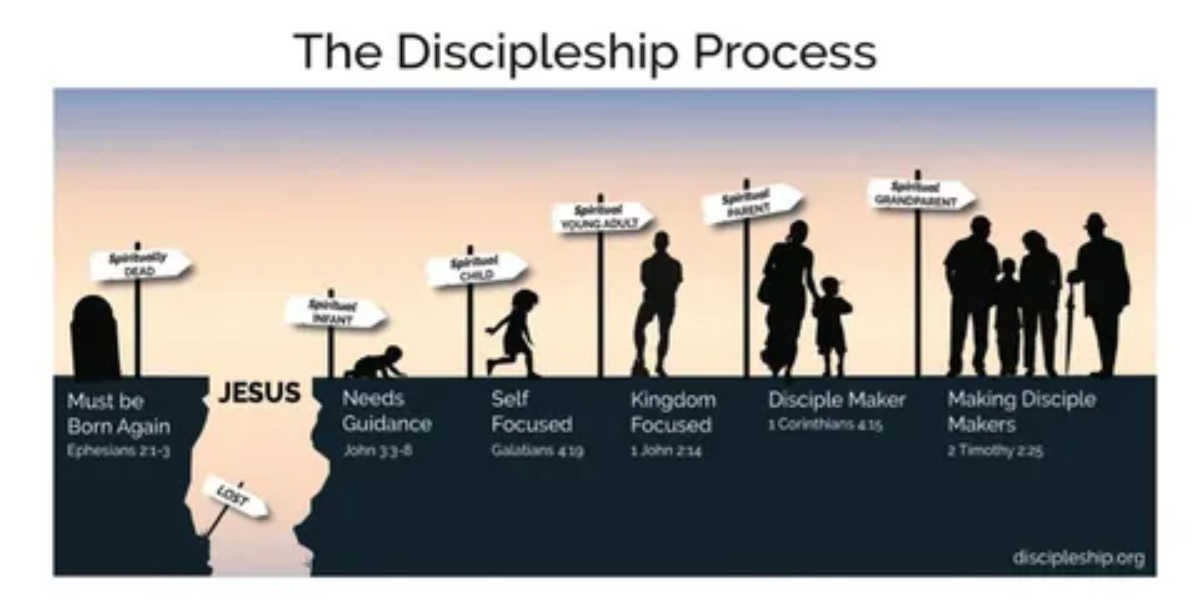Understanding Mortgages and Their Implications

Mortgages are a common financial tool used to purchase real estate, allowing individuals to acquire property by borrowing funds from a lender. However, what happens to a mortgage when the borrower passes away? This question often arises during estate planning discussions and can have significant implications for both the deceased individual’s estate and their beneficiaries.
What Happens to a Mortgage When Someone Passes Away?
When an individual with a mortgage passes away, the debt does not simply vanish. Instead, it becomes part of their estate, along with other assets and liabilities. The responsibility for managing the mortgage typically falls to the executor or personal representative named in the deceased person’s will.
Executor’s Role in Handling Mortgages After Death

The executor plays a crucial role in managing the deceased person’s affairs, including their mortgage. They are responsible for notifying the lender of the borrower’s death, gathering necessary documents, and ensuring that mortgage payments continue to be made until the estate is settled.
Probate Process: Key Steps in Mortgage Settlement
The probate process, which is the legal procedure for settling an estate, often involves addressing outstanding debts, including mortgages. During probate, the executor will work with the court to inventory the deceased person’s assets and liabilities, including any outstanding mortgage debt.
Types of Mortgages and Their Impact on Inheritance

The type of mortgage held by the deceased individual can impact how it is handled after their death. For example, if the mortgage is joint with a spouse or co-borrower, the surviving borrower may be responsible for continuing payments. Additionally, certain types of mortgages, such as reverse mortgages, have specific rules regarding repayment after the borrower’s death.
Options for Beneficiaries Regarding Inherited Mortgages
Beneficiaries who inherit property encumbered by a mortgage have several options available to them. They may choose to sell the property to pay off the mortgage, refinance the loan in their name, or continue making mortgage payments and retain ownership of the property.
Communication with Lenders: Crucial Steps After a Death

Open communication with the lender is essential when managing a mortgage after someone’s death. The executor or personal representative should notify the lender promptly and provide any necessary documentation, such as a death certificate and proof of authority to act on behalf of the estate.
Financial Ramifications: How Mortgages Affect Estate Settlement
Outstanding mortgage debt can have significant financial implications for an estate. If the estate lacks sufficient assets to cover the mortgage balance, creditors may make claims against other assets, potentially reducing the inheritance left to beneficiaries.
Tax Considerations for Inherited Mortgages

Inherited mortgages can have tax implications for both the estate and the beneficiaries. It’s essential to understand how mortgage interest deductions, property taxes, and capital gains taxes may affect the estate settlement and ongoing ownership of the property.
Insurance Coverage: Safeguarding Against Mortgage Debt
Having adequate insurance coverage, such as mortgage life insurance or mortgage protection insurance, can help safeguard against the financial burden of a mortgage after someone’s death. These policies can provide funds to pay off the mortgage balance, ensuring that heirs are not left with a significant debt.
Avoiding Mortgage Pitfalls: Planning Ahead for the Future

Effective estate planning can help individuals avoid potential pitfalls related to mortgages and other debts. By creating a comprehensive estate plan that addresses mortgage responsibilities and provides for the orderly distribution of assets, individuals can ease the burden on their loved ones after their passing.
Seeking Professional Guidance: Importance of Estate Planning Advisors
Navigating the complexities of mortgage settlement after someone’s death often requires professional guidance. Estate planning attorneys, financial advisors, and tax professionals can provide invaluable assistance in developing a plan that minimizes tax liabilities, protects assets, and ensures the smooth transfer of wealth to heirs.
Navigating Mortgage Responsibilities After Death

Mortgages do not vanish when people pass away; instead, they become part of the deceased person’s estate. Executors play a vital role in managing mortgage debt during the probate process, while beneficiaries have options for handling inherited mortgages. Effective communication with lenders, careful financial planning, and professional guidance are essential for navigating mortgage responsibilities after death and ensuring a smooth estate settlement process. By understanding the implications of inherited mortgages and taking proactive steps to address them, individuals can protect their assets and provide for their loved ones’ financial security even after they are gone.
Click here for more visited Posts!





